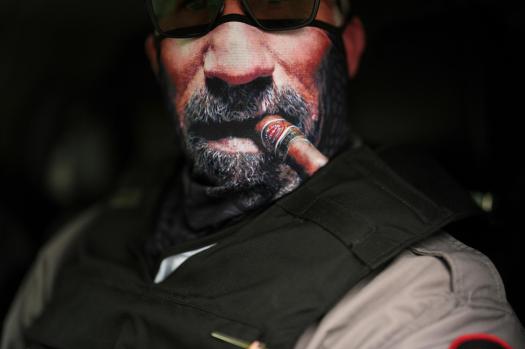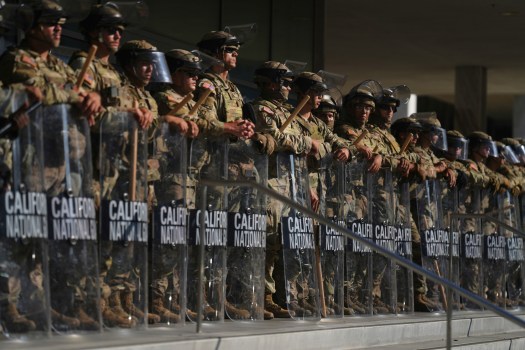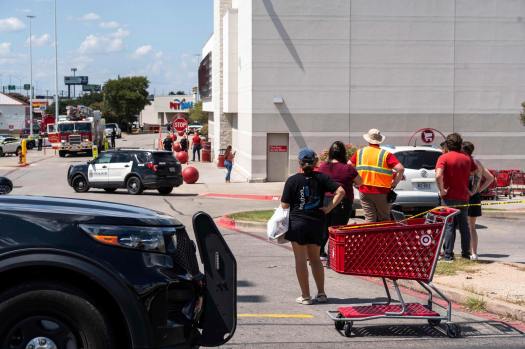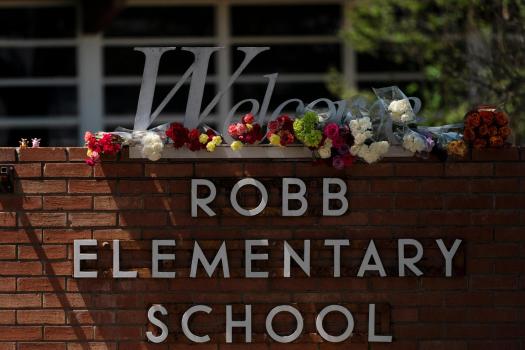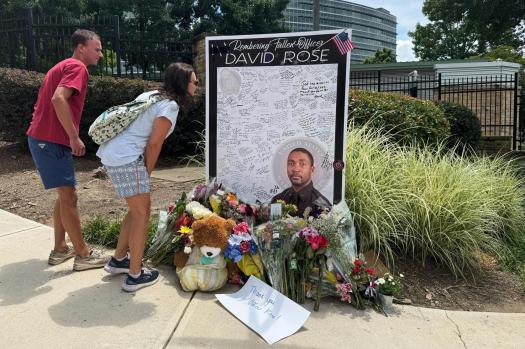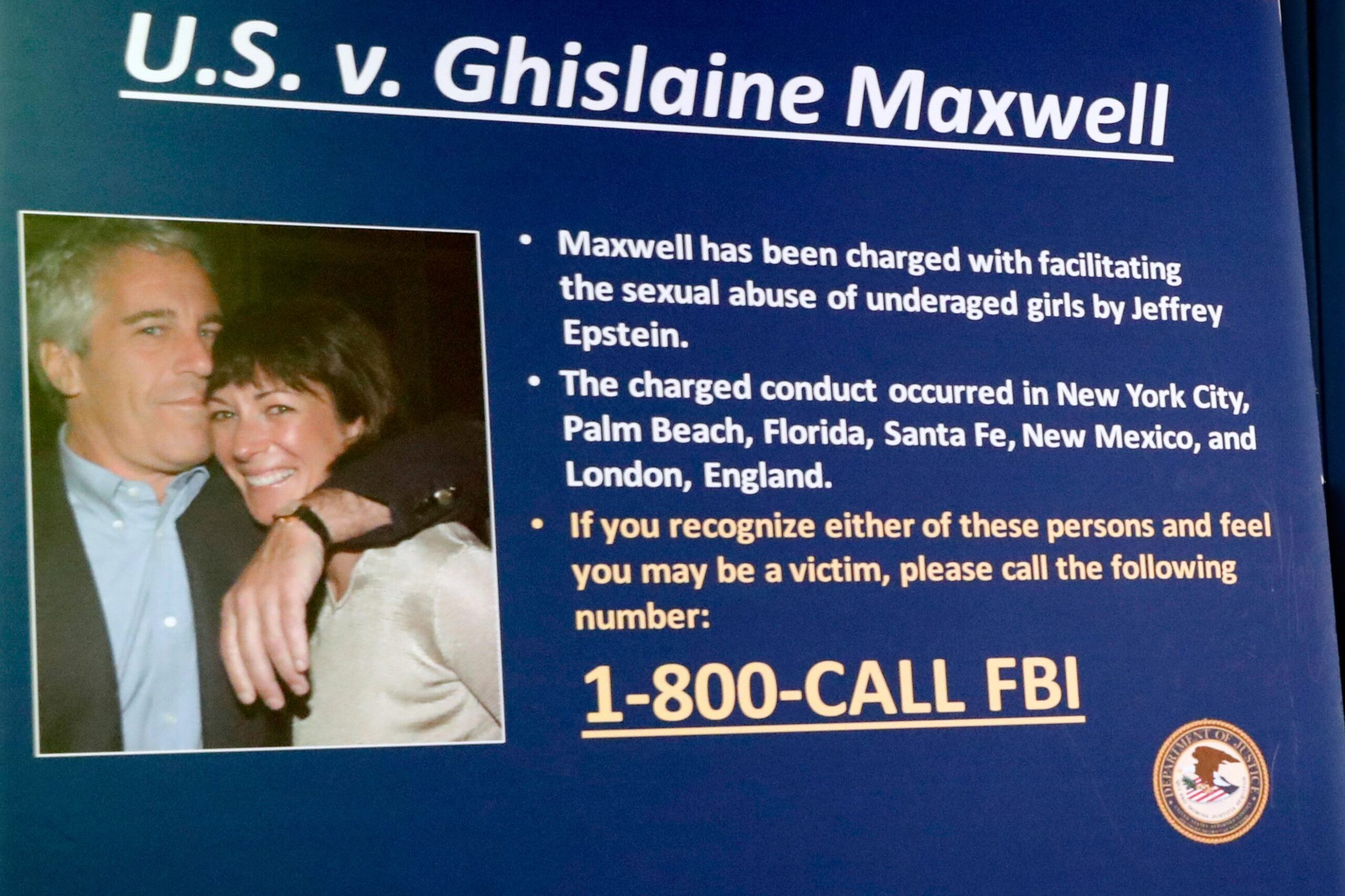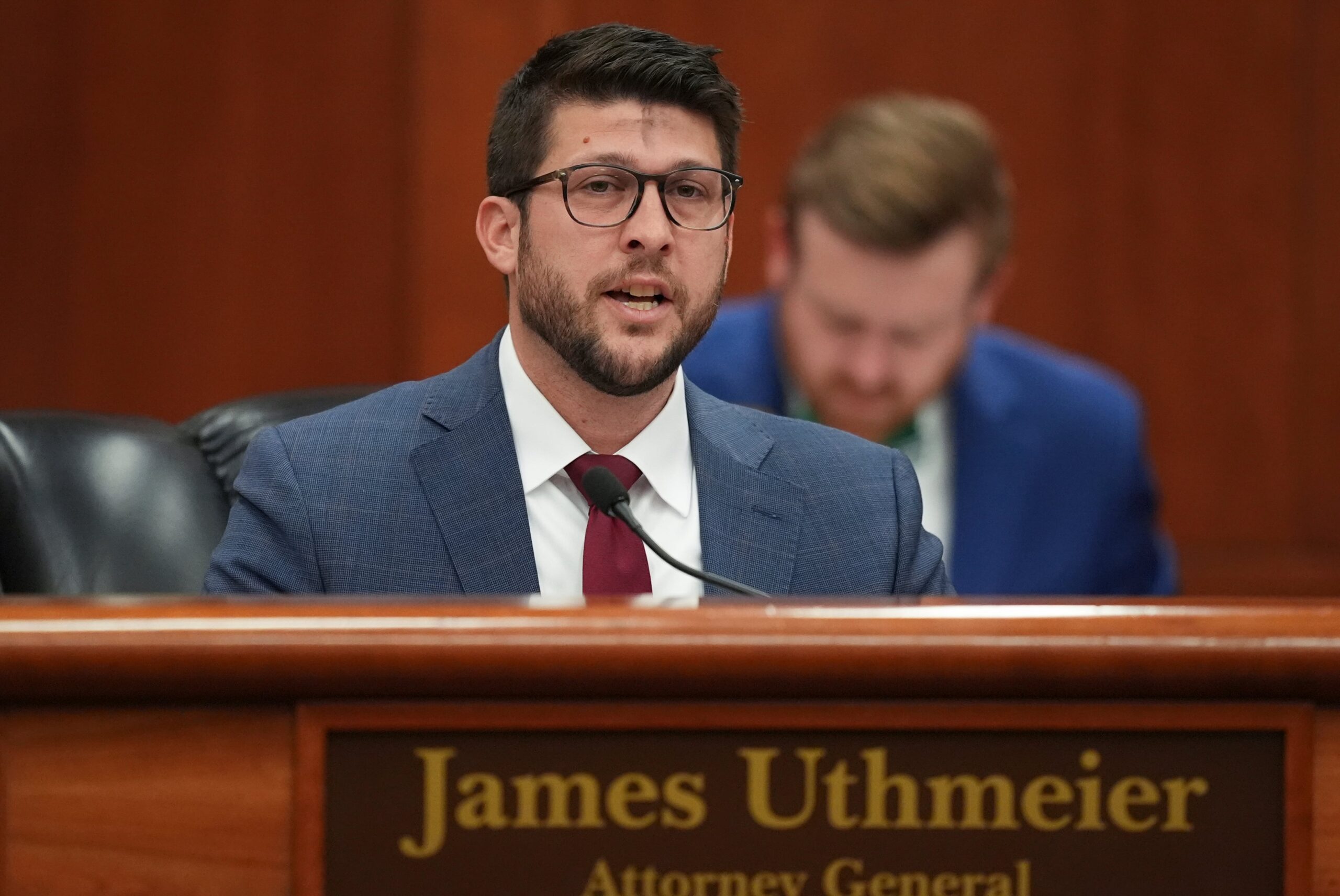By Associated Press’s Christopher Weber
Los Angeles (AP) In response to recent immigration raids in which certain federal agents concealed their faces or refused to identify themselves, Los Angeles County officials want to make it illegal for law enforcement personnel to hide their identities while on duty.
With one abstention, the Board of Supervisors voted 4-0 on Tuesday to order county counsel to prepare an ordinance that forbids officers—including federal agents—from donning masks, with only a few exceptions, as while conducting undercover operations or for medical reasons. Additionally, while in public, officers would have to clearly show their identify and agency affiliation.
Immigration officers have been swarming Southern California since early June, making hundreds of arrests and igniting protests against the federal raids and the National Guard and Marines’ subsequent deployment. In recent weeks, all of the Marines and almost half of the Guard personnel were evacuated from Los Angeles.
Related Articles
-
UCLA reaches $6 million settlement with Jewish students and professor over campus protests
-
Wife of Marine Corps veteran released from ICE custody after advocacy from GOP Senator s office
-
ICE says detained Maine police officer overstayed visa. The chief says he cleared a federal check
-
Sean Diddy Combs asks for release on a $50 million bond ahead of sentencing in October
-
Starbucks looks to protein drinks and other new products to turn around lagging US sales next year
The motion’s co-author, Supervisor Janice Hahn, stated that citizens have a right to know who is stopping, interrogating, or detaining them and that the Trump administration’s raids have caused panic.
According to Hahn, guys wearing tactical gear, balaclavas, no badges, and no names are tearing people from their families, beating them, and dragging them out of their automobiles throughout the county. In a democracy, that is not the proper way for law enforcement to function.
Regarding the operations of U.S. Immigration and Customs Enforcement and other federal authorities, Hahn acknowledged that it is unclear whether the county will be able to execute the law. In the end, a court may have to make a decision, she said.
Erwin Chemerinsky, a legal professor, stated on Tuesday that a court may need to determine whether the ordinance is preventing officers from performing their jobs.
The important thing is that it must be applicable to all law enforcement. According to Chemerinsky, head of the University of California, Berkeley law school, it cannot just be used to federal law enforcement.
Administration representatives have defended the mask-wearing policy, claiming that immigration agents have been harassed while enforcing the law. According to officials, agents are keeping their names a secret for their own protection in order to prevent death threats and doxing, which is the practice of posting someone’s private information online without that person’s consent.
According to ICE acting director Todd Lyons last month, “I apologize if their masks offend anyone, but I’m not going to let my officers and agents go out there and put their lives and their families on the line because people don’t like what immigration enforcement is.”
A bill that would prohibit local, state, and federal law enforcement from hiding their faces during operations in California is now pending in the state legislature. Additionally, Democratic senators Cory Booker of New Jersey and Alex Padilla of California have introduced a bill of a same nature in the U.S. Congress.
The benefit of federal legislation, according to Chemerinsky, is that it would undoubtedly be constitutional because Congress has the authority to control the operations of federal law enforcement.
The draft ordinance must be submitted to the board for approval within sixty days, according to county counsel.
The measure’s other co-author, Supervisor Hilda Solis, stated that local authorities need to establish standards for how law enforcement should behave while in the county.
In addition to being concerning and perplexing, the use of masks, tactical gear, and reluctance to provide identification damages public confidence and poses major safety risks, according to Solis.
